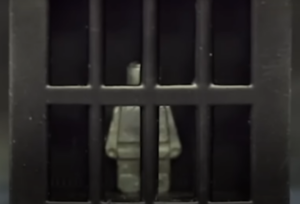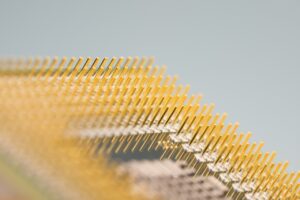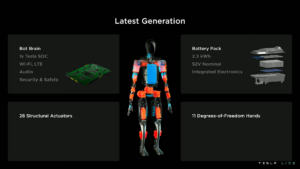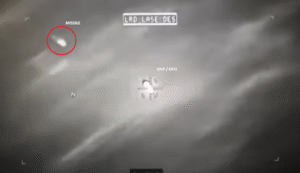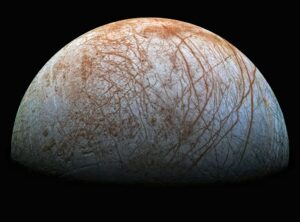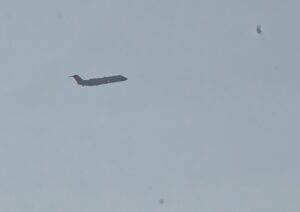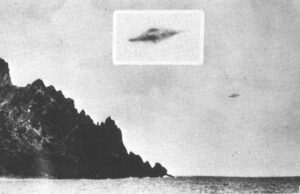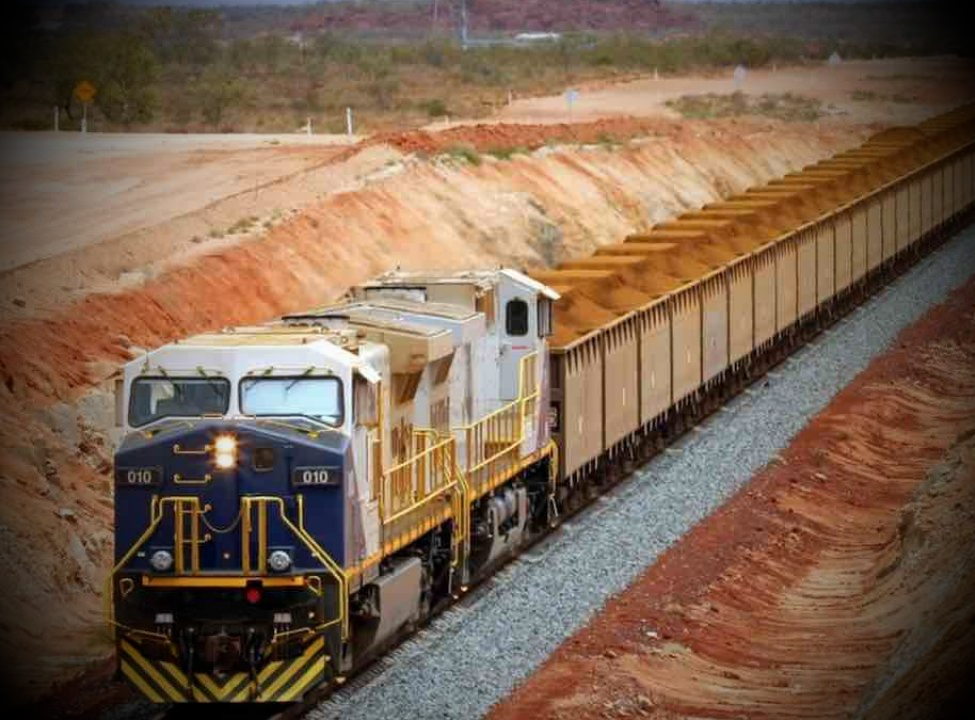
Pilbara (Australia) The Fortescue Metals Group operates a fleet of 54 diesel locomotives in Australia, pulling 16 trains with up to 244 wagons each. In each wagon, the Australian mining company can transport up to 141 tons of ore from the Pilbara region in the state of Western Australia to the port of loading near Port Headland. The company published a press release (PDF) back in May, according to which the up to three-kilometre-long carriages are to be decarbonized using purely electric locomotives.
Together with the company Williams Advanced Engineering, which is known from Formula 1, the Fortescue Metals Group developed the so-called Infinity Train, which should be able to run practically indefinitely with just one battery charge.
However, the Infinity Train is not a perpetuum mobile i.e. an eternally running machine, which is not possible according to the laws of thermodynamics. Instead, the locomotives, which don’t need diesel, cause no emissions and can run indefinitely, use gravity for themselves.
The idea behind the Infinity Train is already being used on the Lynx dump truck. It is based on so-called regenerative braking (recuperation), i.e. the recovery of braking energy, in which the electric motor is used as a generator. Energy that would normally be lost can be used to charge the batteries.
However, the Infinity Train cannot achieve a positive energy balance through recuperation alone. Still, the rest of the power can be gained thanks to the topography of its route. This is possible because the unloaded trains are comparatively light on their way from the port to the mine and therefore only require little power from the batteries.
On the subsequent route from the loading station to the port, the trains then travel downhill with a significantly higher weight. The trains have to brake permanently because they roll under their own weight. The electric motor can therefore be used as a generator to charge the batteries.
Due to the force of gravity, the system can thus generate more electricity than is consumed on the unloaded journey. Theoretically, the Infinity Train can repeat its route indefinitely. The excess electricity generated in this way is to be fed into the company’s power grid.
Fortescue Metals Group wants to replace all diesel locomotives with the Infinity Train by 2030. “Diesel consumption and associated emissions will be eliminated once the Infinity Train is fully operational,” said General Manager Elizabeth Gaines.
“Politics and business worldwide need to recognize that fossil fuels are just one source of energy and that there are now others that are rapidly developing while being more efficient, cheaper and greener. Like gravitational energy,” adds a company spokesman. In the meantime, other companies have also expressed an interest in the innovative transport system.
